But who would guess that brut -- in this case, champagne -- was one of
Napoleon's secret weapons in his conquest to rule the world.
Once famously explaining,
"In victory you deserve champagne, in defeat you need it."
Who could dispute that logic.
Without question, Napoleon's shrewdest war-time strategy
was courting the loyalty of his troops.
He was a master at forming personal relationships,
working his charismatic magic even in the heat of battle.
Whether removing his own war medals to pin on brave soldiers in the field,
or gracing his top brass with their favorite champagne,
the Emperor of France took pains to seduce & finesse his followers.
He tied his own glory to the glory of France -- and used all the gifts from
the good French earth to lavish thanks and praise on his fighting forces.
Wine, champagne, bread -- the staff of life.
His winning strategy started with the act of taming hungry tummies.
Hungry, cold, wearing ill-fitting boots, the suffering herd of soldiers
surely felt grateful when they got their daily ration of bread and wine.
They didn't get much - bread, biscuits, rice, a bit of ground meat and
one liter of wine was supposed to nourish four men for four days.
They were also encouraged to scavenge off the land for whatever
they could muster as they dug deeper into enemy territory.
Napoleon's good friend since military school, Jean-Rémy Moet
of the famed house of Moet & Chandon, was thrilled and
thankful for Napoleon's loyalty to his champagne brand.
He built a replica of the Grand Trianon in Epernay
so Napoleon and Josephine would feel right at home.
The warmonger often stopped off just before battle
to stock up on his favorite bottles.
In a hurry to join his troops against Wellington's forces, Napoleon didn't
have time to make his standard stop at his friend's champagne house.
Deviating from the norm, he hurried off to the front lines ---
his final battle --- literally his Waterloo -- without his standard cache.
Curious, coincidence, or an act of God, who knows.....
Much later, as he lay dying in his bed at Saint Helena, the former
commander-in-chief's penchant for champagne seemed to diminish.
His taste shifted to South Africa's Vin de Constance, shipping
nearly 300 gallons of the stuff every year to the island.
At that point, it's likely he felt neither victorious nor defeated.
Accepting and teetering at the edge of life, perhaps the
celebratory taste of champagne no longer satisfied.
But at least they had their pinard --- cheap wine
allotted to help them brave the trenches.
After all, they were in or near wine country and in those days families
hardly considered lunch a meal unless it included the liquid grape.
If water safety was questionable, one drank wine instead (a practice initiated
during the Middle Ages) ---- and so began the long legacy of wine consumption.
But not for all.
At the beginning of WWI, wine was actually a new taste for some Frenchmen.
Hailing from France's northern provinces, their heritage favored cider and beer.
It was in this war that all of France developed their penchant
for the drink we most associate with their country.
During the war to end all wars, wine nourished the soul.
At every possible opportunity, French soldiers were given fresh bread
but as they reached the front lines, they had to make do with
emergency supplies, generally consisting of tinned foods.
Unusual to perhaps anyone except the French, paté and dried soup
reconstituted to resemble ratatouille were part of their provisions.
Washed down with cheap wine, it provided nourishment
and a smidgen of morale building for the desperate fighting men.
Winston Churchill --- tongue in cheek --- firmly reminded his military corps,
"Remember gentlemen, it's not just France we are fighting for, it's champagne!"
World War II was marked by victory parades brimming with inebriated soldiers.
Clutching their prized bottles of wine, they may have cherished their liquid gold
more than the art and the people they had so bravely liberated.
Wine served as the applause for a job well done.
All over France, bottles of the treasured elixir were carefully uncovered
and generously offered to the soldiers in victory.
At their side, the newly unshackled French population
celebrated the end of the madness.
It was a 24-hour-a-day party and wine was front and center.
Supplies were still in short supply - but fresh bread,
a little cheese and a bottle of wine never tasted so good.
Butter and real coffee would come later - as would meat, heat
and other everyday conveniences we take for granted.
But for now, France was happy to have its bread and wine.
So whether you lived during Napoleon's reign or some time after,
the mousetrap is and always will be wine and bread.
It's France's legacy, its gift, its soul.
But with some reservations.
Wine consumption in France has dramatically fallen over the last 30 years.
The average Frenchman consumes just one glass of wine a day,
confusing we new oenophiles who are drinking more,
hoping to grab the brass ring of the French Paradox.
Cocktails, designer coffee, beer and -- gasp -- water have
gained in popularity throughout all of France.
People are more health conscious and hope to delay
the liver ailments of their parents.
Bread, however, remains in demand although quantity, too, has shifted.
The rise of the artisan boulangerie proves that even weight conscious Parisians
who shun alcohol, sugar and other caloric favorites in favor of fitting
into their skinny jeans, remain wholly committed to the art of bread-making.
They may watch their waistlines but their demand for bread continues.
It's part of the French civilization, the legendary joie de vivre.
So as they cut down on quantity, their demands for high quality shine
in every neighborhood where you'll find an authentic baker ready to
work his magic the old fashioned way.
Wine, bread - everyone's favorite, the necessity of life --
and the birthright of every person in France..
Thank goodness.
Mark Twain's brilliant mind sums it up:
"Too much of anything is bad, but too much champagne is just right."
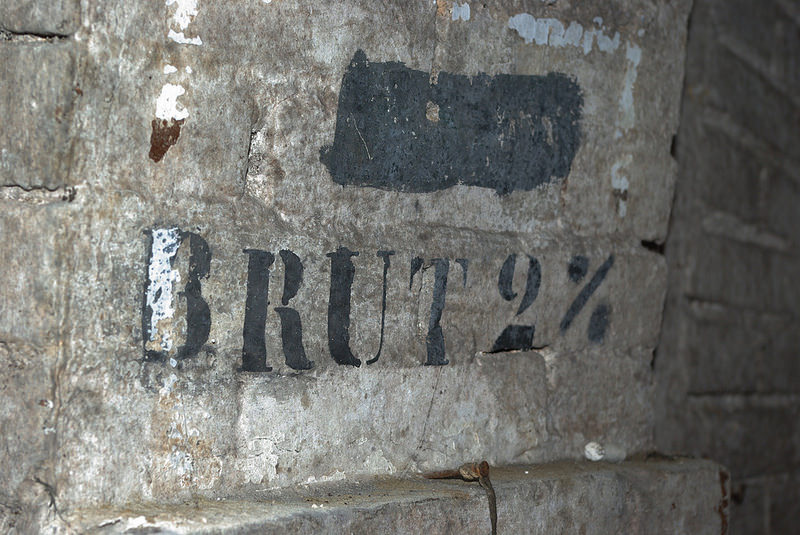
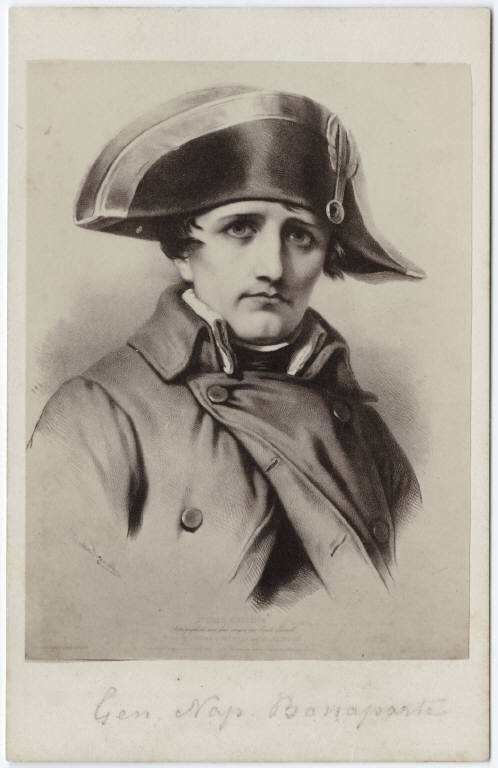
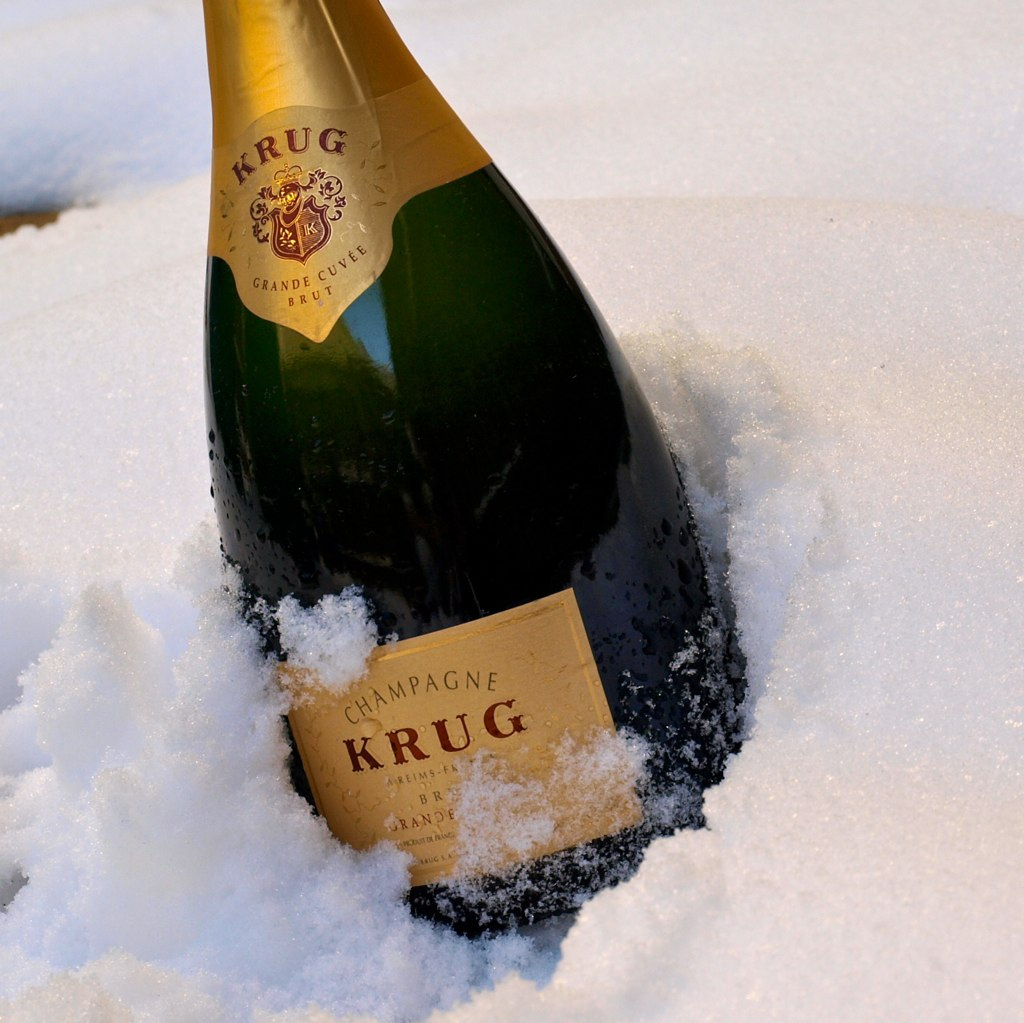
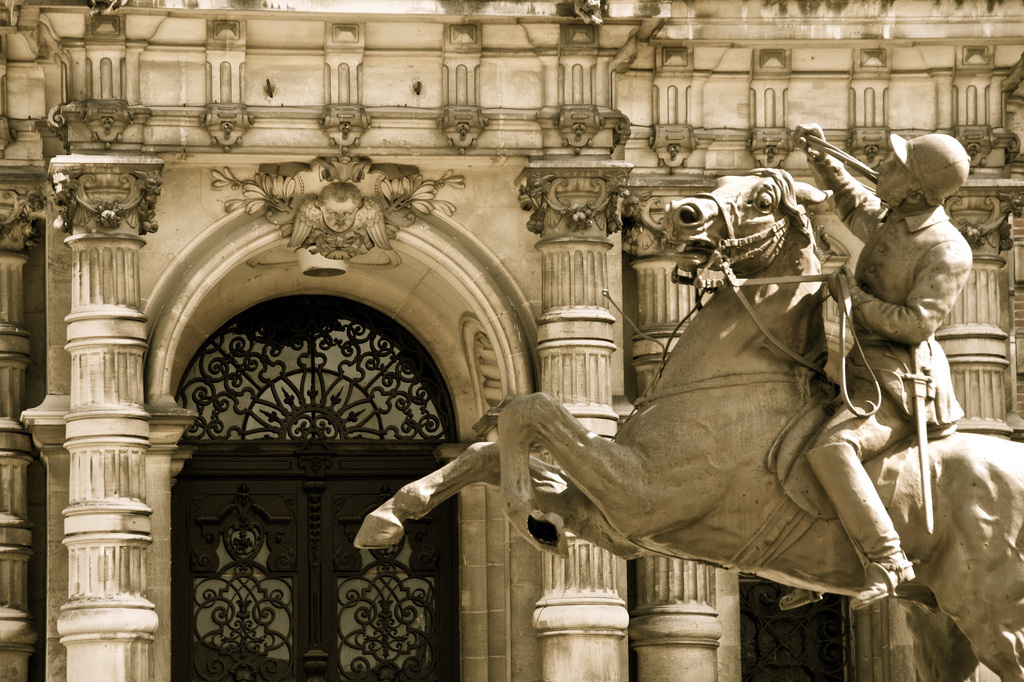
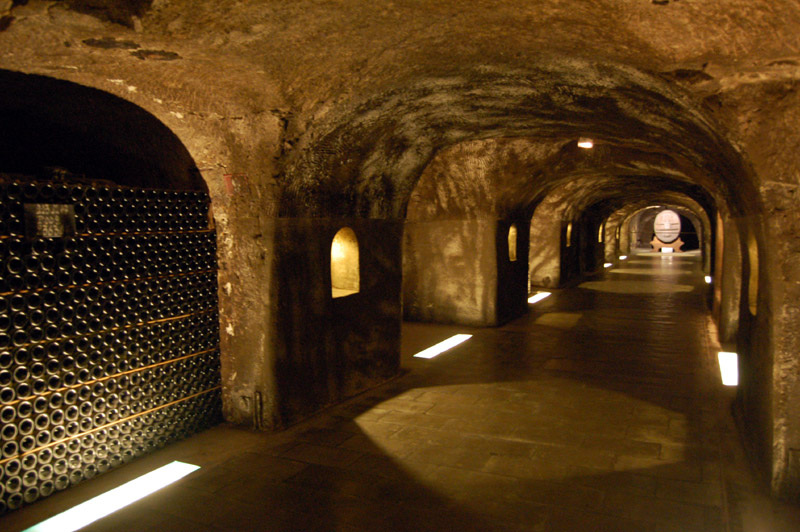
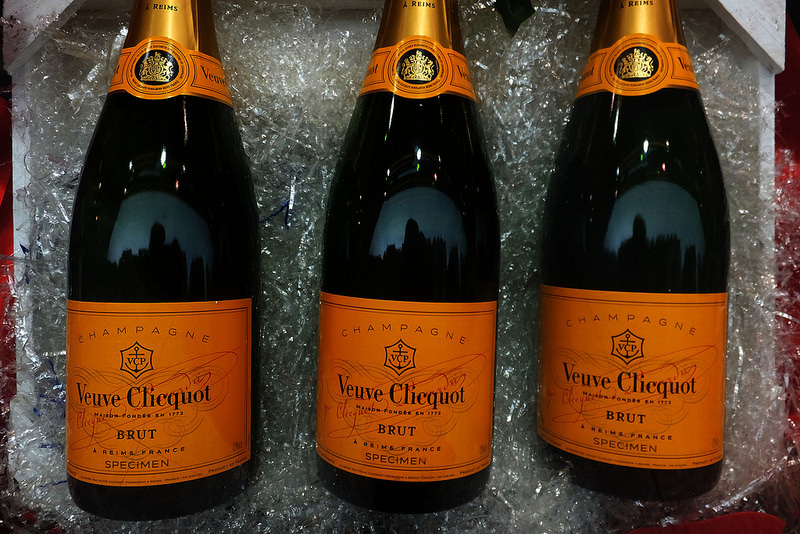
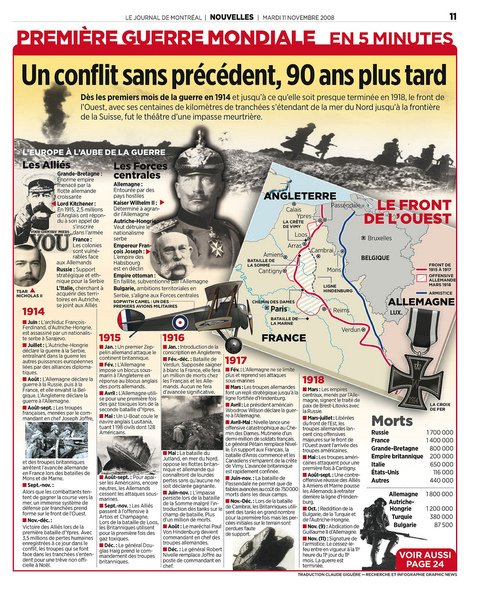
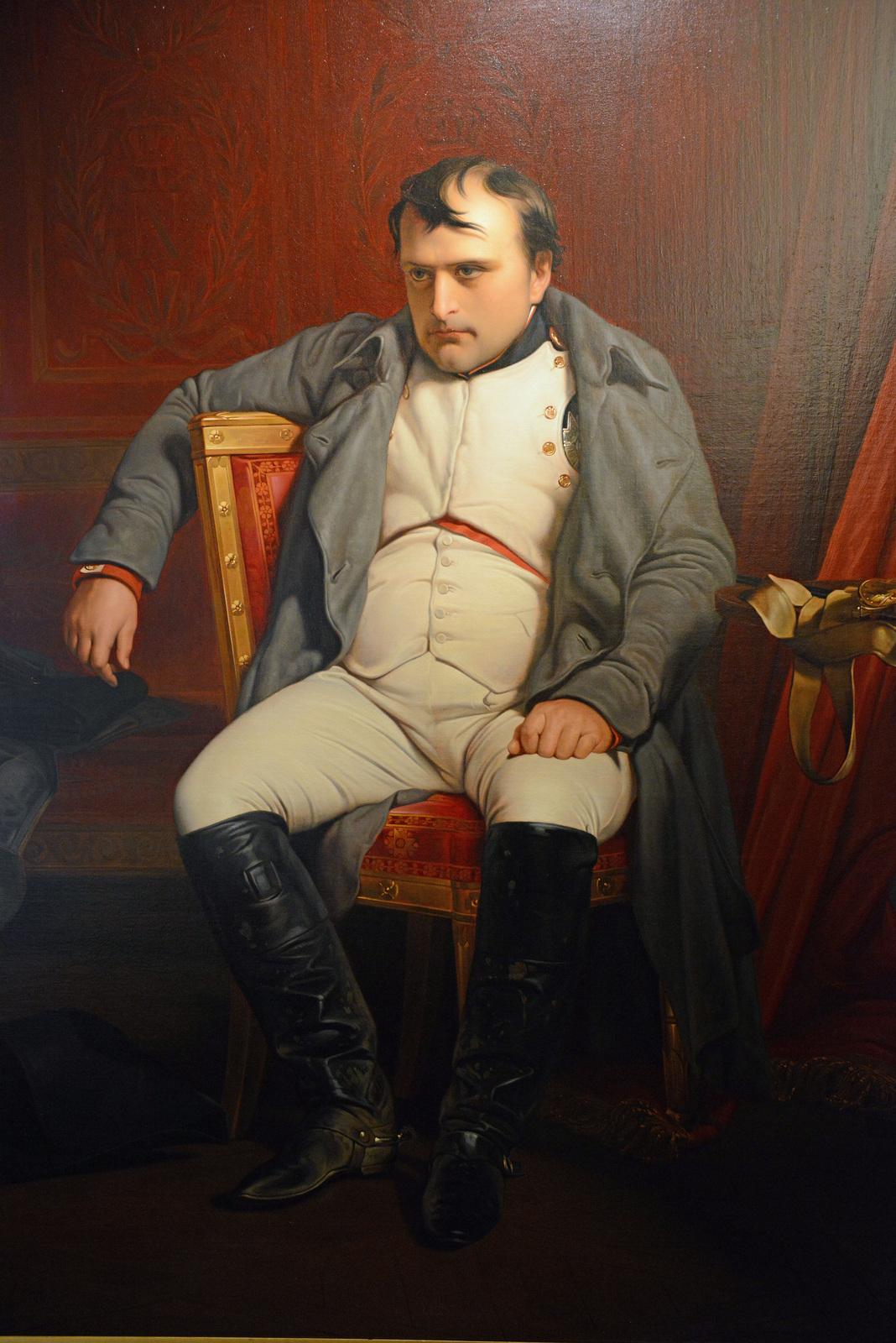
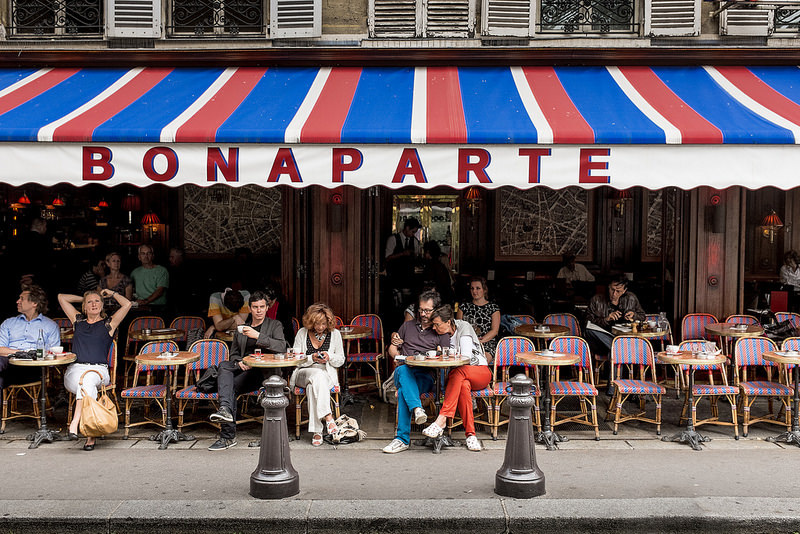
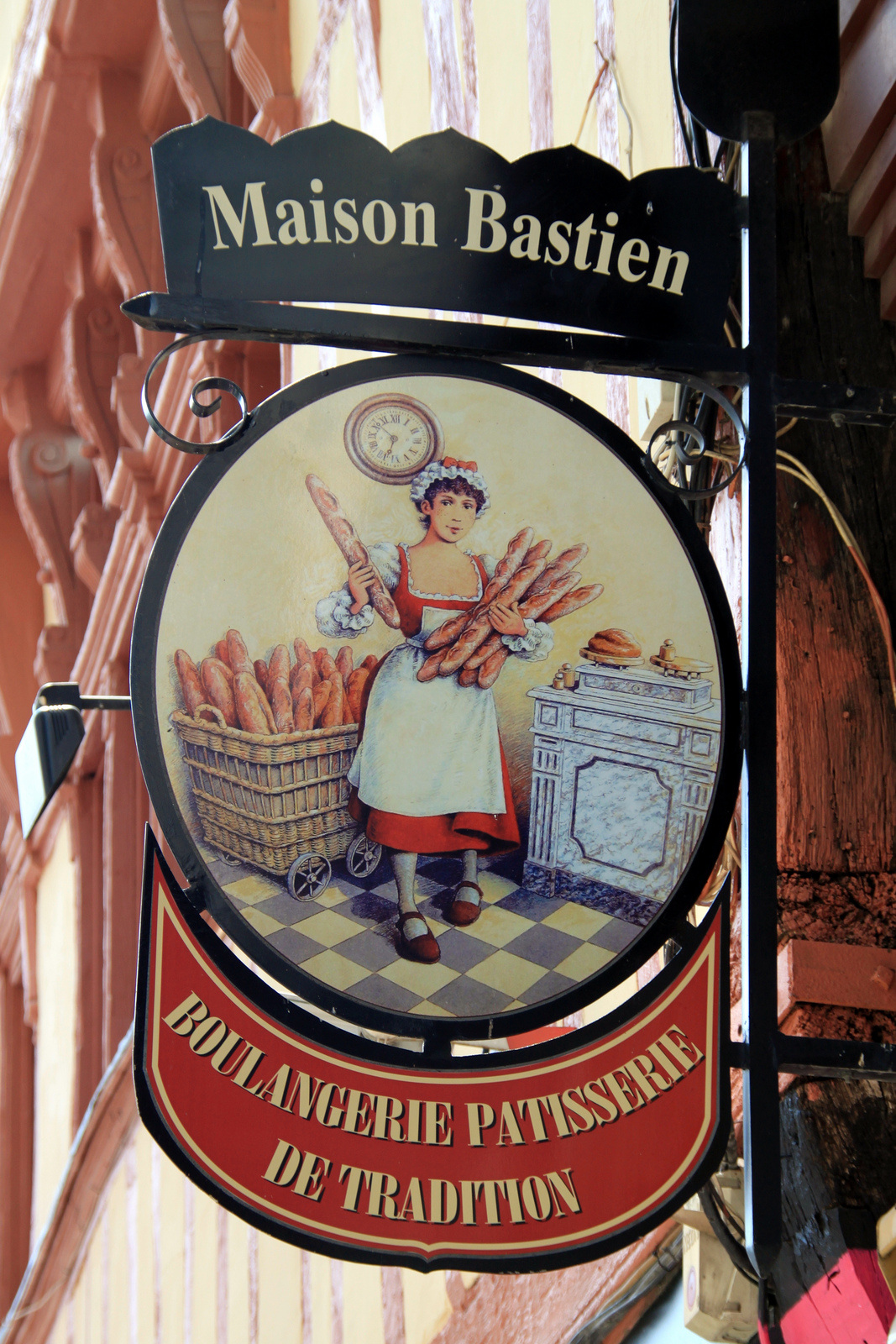

 RSS Feed
RSS Feed
